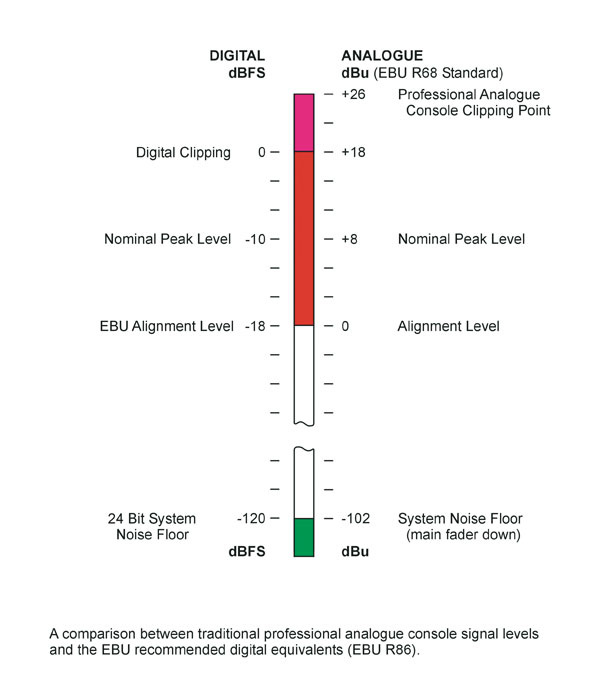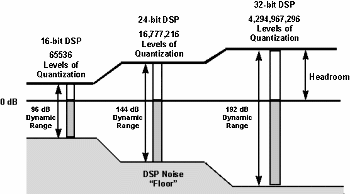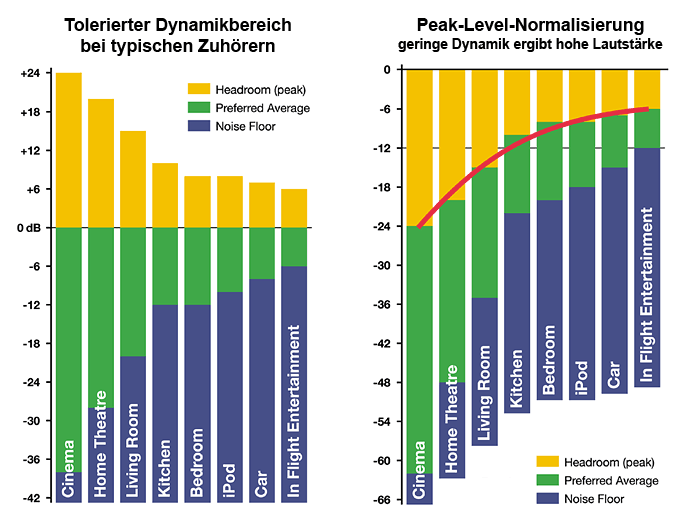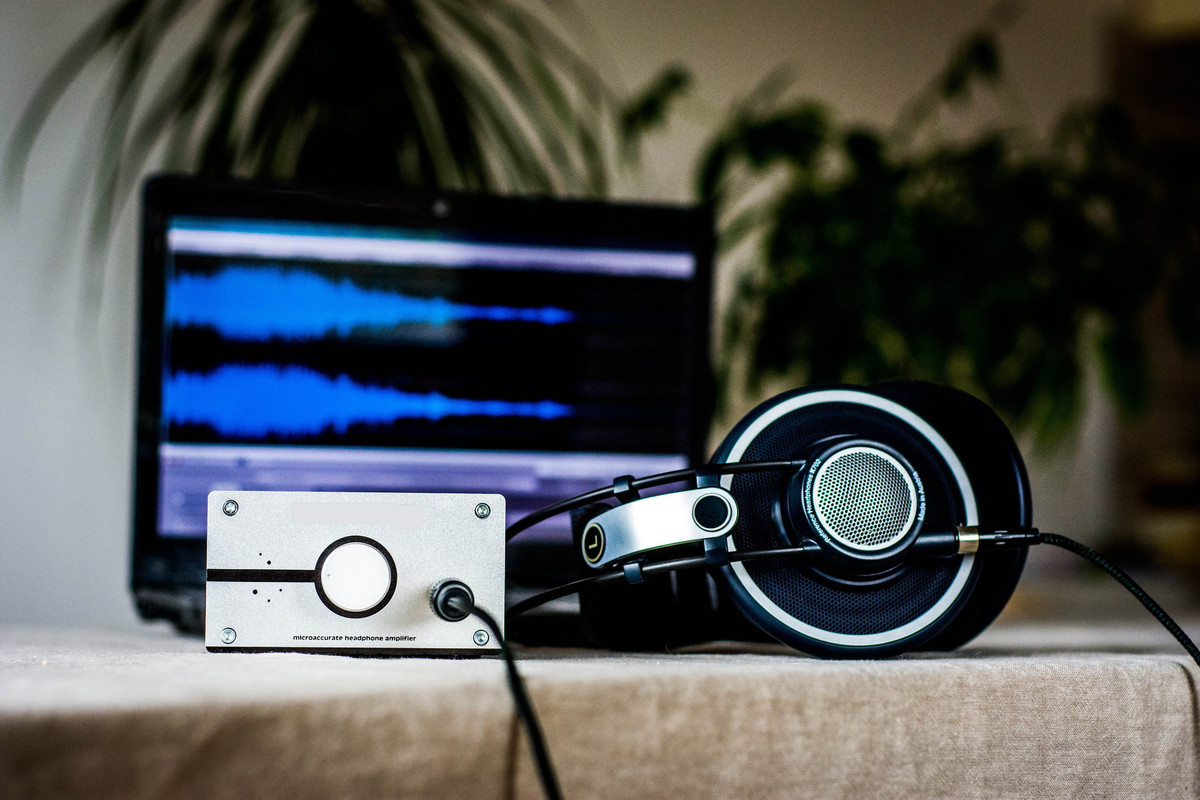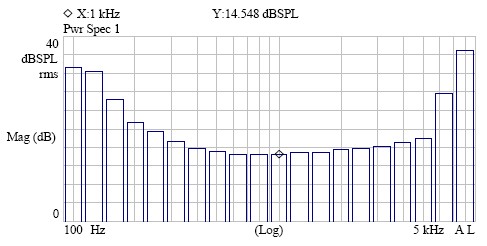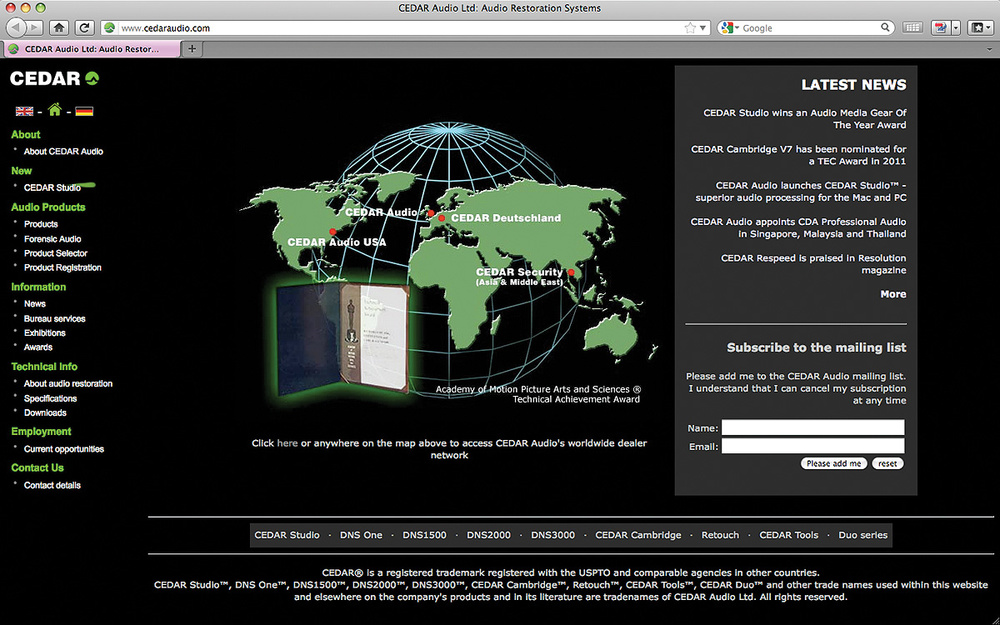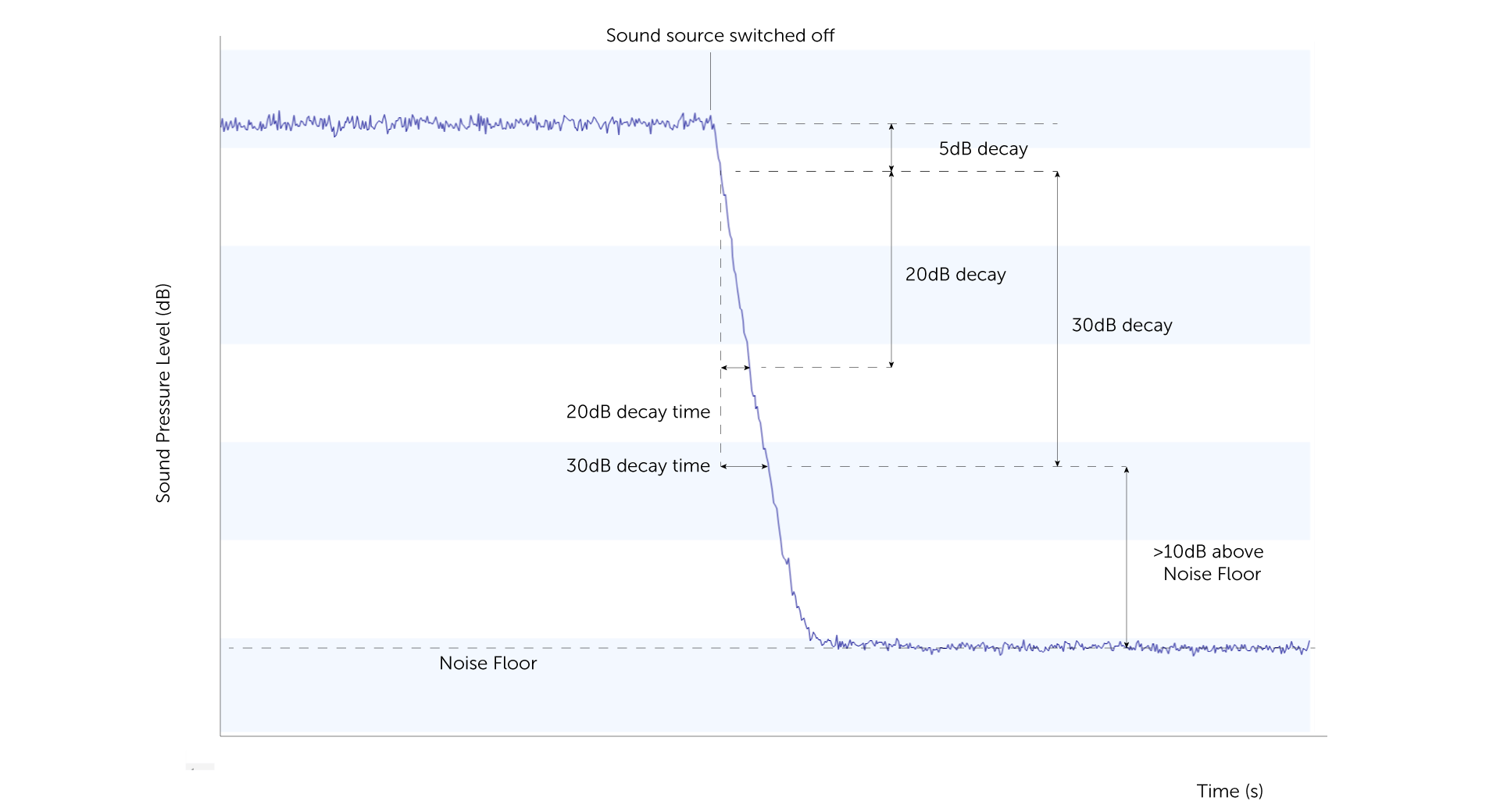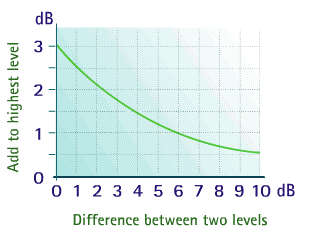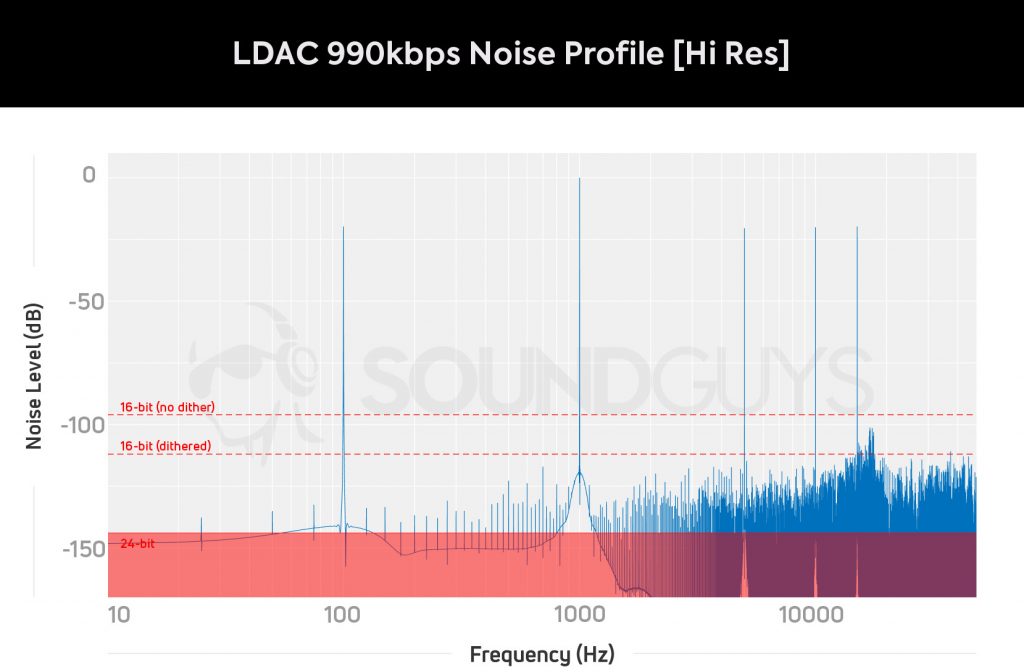In music noise is variously described as unpitched indeterminate uncontrolled loud unmusical or unwanted sound noise is an important component of the sound of the human voice and all musical instruments particularly in unpitched percussion instruments and electric guitars using distortion.
Music noise floor definition.
In signal theory the noise floor is the measure of the signal created from the sum of all the noise sources and unwanted signals within a measurement system where noise is defined as any signal.
Most cases there isn t much you can do to prevent it because pretty much anything can generate a noise floor.
In signal theory the noise floor is the measure of the signal created from the sum of all the noise sources and unwanted signals within a measurement system where noise is defined as any signal other than the one being monitored.
This happens if the noise is louder than the signal.
Select from a letter above to find a music term in the artopium index or enter your music word into the search box provided by google search.
But don t worry that s a common issue even for music professionals that have a home recording studio all carefully set up.
In radio communication and electronics this may include thermal noise black body cosmic noise as well as atmospheric noise from distant thunderstorms and.
The noise floor of course affects the quality of a recording.
If the noise floor for example is high then you would find it difficult to detect the signal you want to monitor.
If you want to hear the lsb on a recording the volume or voltage of that bit has to be above the noise floor of both the room and the equipment in your system.
When it comes to noise floor keep always this in mind the lower your noise floor the better.
Electronic instruments create various colours of noise.
So during the recording the noise floor should be decreased to the bare minimum.
Dynamic range expresses the loudest possible sound and noise floor expresses the quietest.



